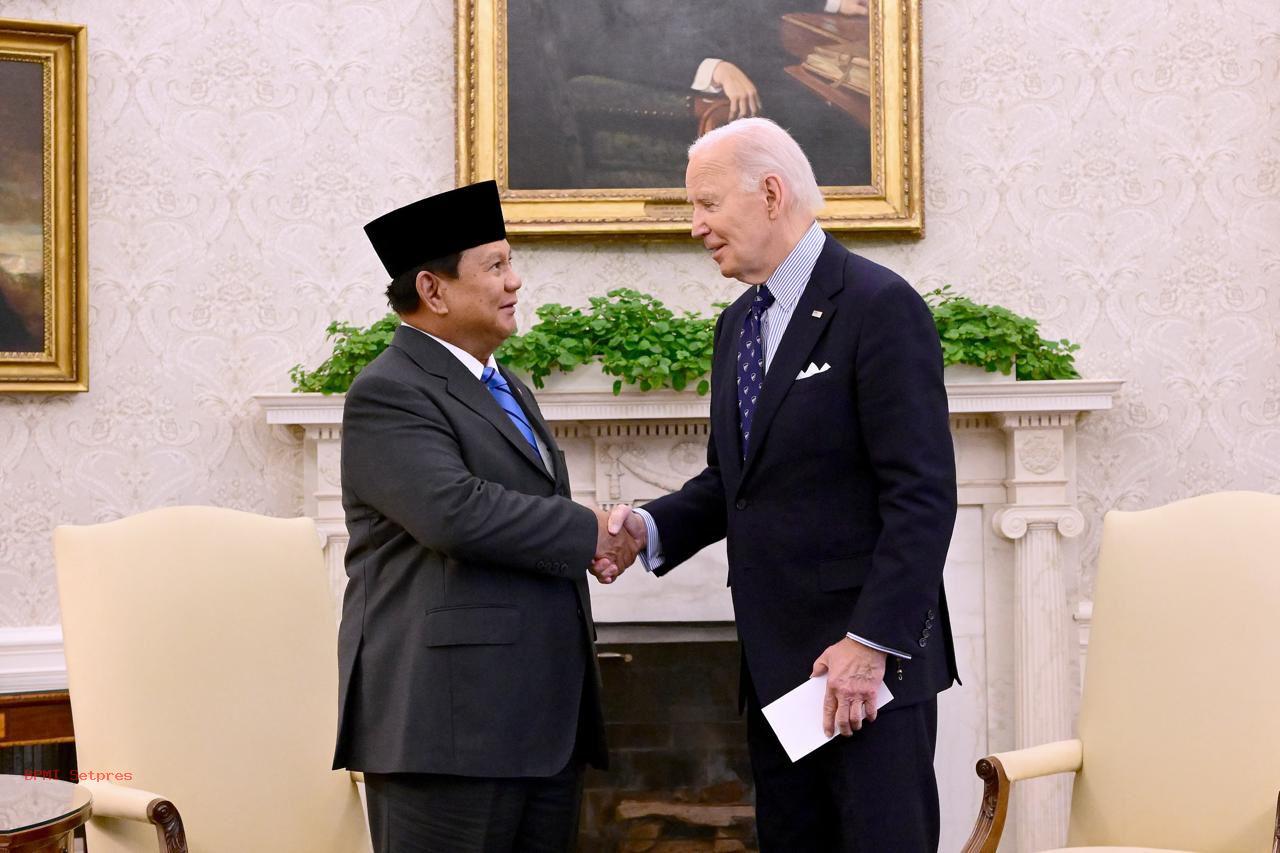Title: US-Indonesia Nuclear Partnership Opens Doors for Technology Education Investment
Indonesia's efforts to modernize its energy infrastructure and transition to clean energy have received a significant boost from the United States. A recent meeting between President Joe Biden and Indonesian President Prabowo Subianto at the White House included an agreement to accelerate a feasibility study for a small nuclear reactor in Indonesia. Small modular reactors (SMRs) are emerging as a feasible alternative to traditional reactors due to their smaller footprint, lower upfront cost, and potential for safer energy production. This collaboration signals investment opportunities, not only in nuclear energy infrastructure but also in Indonesia's technology education sector to develop local expertise.
As part of the agreement, the US will assist Indonesia in developing SMR technology and in establishing nuclear assessment and certification programs to equip local experts with the necessary skills. Such a project will require a skilled workforce well-versed in nuclear science, engineering, and safety protocols, thus creating demand for high-level technical education programs in Indonesia. This trend mirrors a broader need for investment in STEM education to prepare Indonesia’s future workforce for high-tech industries.
This partnership follows a 2023 agreement between PLN Indonesia Power and the US Trade and Development Agency (USTDA), which involved a $2.3 million grant to explore the feasibility of SMR deployment in West Kalimantan. The Oregon-based NuScale Power is one of the leading companies that could supply Indonesia with modular reactor technology, underscoring the potential for collaboration with advanced US tech firms.
To ensure the effective implementation of these technologies, Indonesia must cultivate a generation of skilled professionals in nuclear technology. Investment in STEM education is critical, providing opportunities for foreign companies and educational institutions to establish programs, scholarships, and training facilities in Indonesia. This investment would not only strengthen the nation’s clean energy goals but also provide a steady supply of skilled workers essential to maintaining nuclear safety standards.
Furthermore, the educational push extends beyond engineering into areas such as nuclear policy, environmental science, and regulatory compliance. By collaborating with international institutions, Indonesia can also develop certification programs that meet global standards, opening pathways for Indonesians to participate in the global nuclear energy workforce.
Indonesia’s net-zero target by 2060 aligns with the growing global emphasis on clean energy, making the country a prime market for investments in nuclear and renewable energy technologies. A well-trained local workforce will help ensure that Indonesia meets international safety standards while benefiting from cutting-edge technologies like SMRs.
As Indonesia and the US move forward with these studies, the nuclear energy partnership offers a clear path for technological and educational investment in Indonesia. Institutions and investors looking to tap into this growth can contribute to and benefit from a robust nuclear technology program that supports the sustainable development of Indonesia's energy infrastructure.
Read More






 Thursday, 12-02-26
Thursday, 12-02-26







